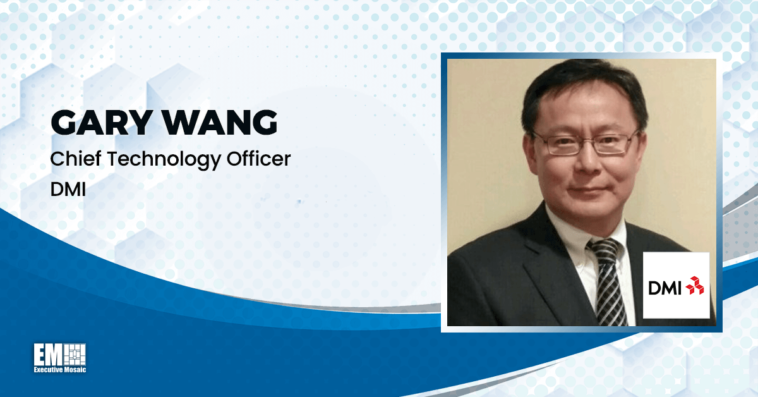Gary Wang, chief technology officer at DMI, said the Department of Defense should expand its 5G network infrastructure to harness the potential of artificial intelligence and internet of things-based devices.
In a commentary published Thursday on the Federal News Network, Wang wrote that security is a critical obstacle to the U.S. military’s implementation of 5G technology and that DOD agencies should work with their partners in the private sector to integrate additional security capabilities for sensitive defense applications.
He cited how secure identity and access management practices and updated software could help DOD manage security risks associated with 5G.
“To further mitigate the risk of a security incident, DoD cyber professionals should prioritize continuous monitoring and analysis to detect adversarial lateral movement,” Wang stated. “Moreover, with the rising risk of deciphering encrypted data using quantum computing, DoD should consider deploying quantum-proof encryption throughout their 5G networks.”
Wang noted that 5G could provide operational advantage for the defense sector since the technology could enable rapid data transfers and real-time analytics and facilitate logistics management.
“To take advantage of these benefits, DoD must take development and fielding actions to validate modern sensor network architecture and configurations and underlying security systems. Integrating 5G within satellite networks is another key technology area that the DoD should leverage for effective mission operations,” he wrote.
The DMI executive also highlighted the importance of public-private collaboration to tap the potential of IoT platforms and 5G networks.

Register here to attend the Potomac Officers Club’s 5th Annual Artificial Intelligence Summit on March 21 and hear federal leaders and industry experts discuss the latest developments in the field.





